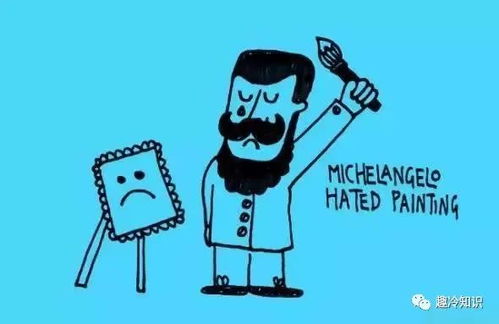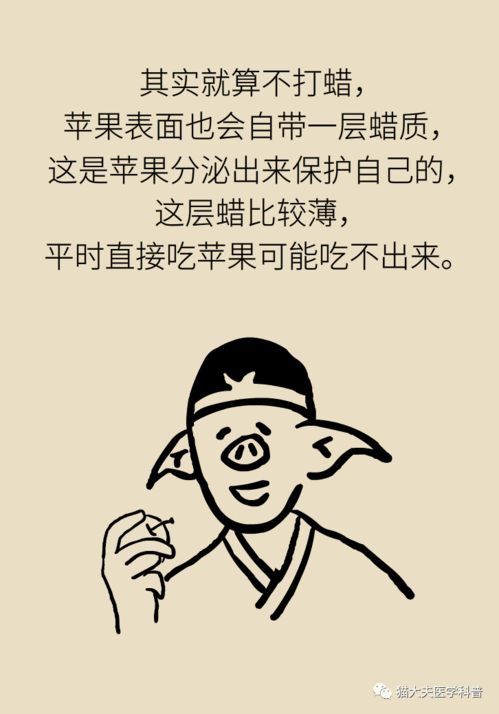
Put

, a small and simple word that plays a big role in our daily lives. It's a word that we use without much thought or consideration, but there's more to it than meets the eye. In this article, we'll explore some cold, hard, and lesser-known facts about the word "put."
1. Put has 645 different meanings.
Yes, you read that right, 645 different meanings! The Oxford English Dictionary lists 645 different senses of the word "put," making it one of the most versatile words in the English language. Some of the most common meanings include: to place, to set, to deposit, to install, to send, to express, and to exert.
2. Put is one of the most commonly used English words.
According to the Corpus of Contemporary American English, "put" is the eighth most commonly used word in the English language. It appears in roughly 3.3% of all spoken and written texts in the corpus.
3. The origin of the word "put" is uncertain.
The word "put" has been a part of the English language since the 13th century, but its origins are unclear. Some scholars believe it may have come from the Old English word "putian," which means "to thrust or put in." Others believe it may have come from the Middle Low German word "putten," which means "to place or put."
4. Put has many different forms and tenses.
Like most English verbs, "put" has a wide variety of forms and tenses. Some of the most common forms include put, puts, putted, putting, and will put. In addition, there are many irregular forms, such as "input," "output," and "reputable."
5. Put is a phrasal verb.
"Put" is often used as part of a phrasal verb, which is a combination of a verb and a preposition or adverb. For example, "put up" means to assemble or erect something, while "put on" means to don or wear clothing. Phrasal verbs can be tricky for non-native speakers to master, as they often have different meanings than the individual words.
6. Put has many idiomatic uses.
In addition to its many literal meanings, "put" is often used idiomatically in English. For example, "put two and two together" means to understand something that was previously unclear, while "put the cart before the horse" means to do things in the wrong order.
7. Put has been used in some interesting literary contexts.
The word "put" has been used in some interesting literary contexts throughout history. For example, in Samuel Beckett's play "Waiting for Godot," the character Estragon famously says, "We always find something, eh Didi, to give us the impression we exist?" to which Vladimir replies, "Yes, yes, we're magicians." This line is often interpreted as a playful reference to the many different meanings of the word "put."
In conclusion, the word "put" may seem simple, but it's actually a complex and versatile word with a long and interesting history. From its uncertain origins to its many different forms and meanings, "put" is an essential part of the English language. So next time you say "put," take a moment to appreciate all the different ways this little word can be used.